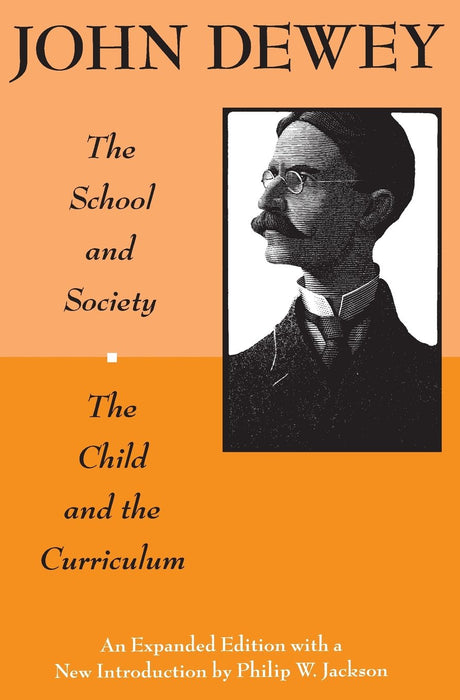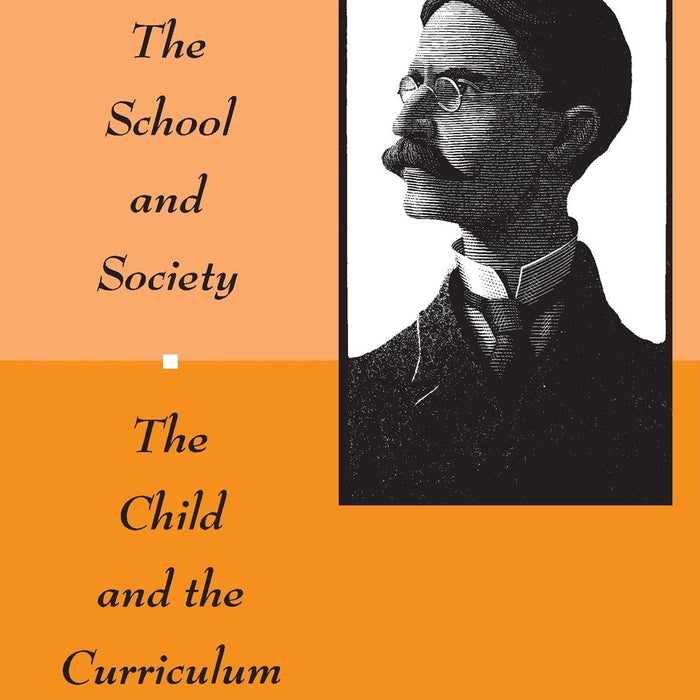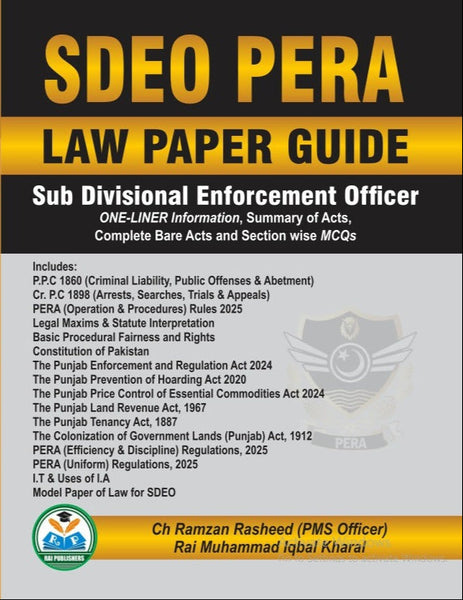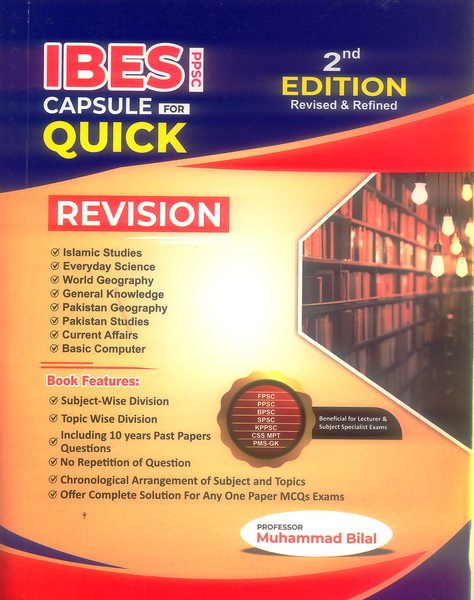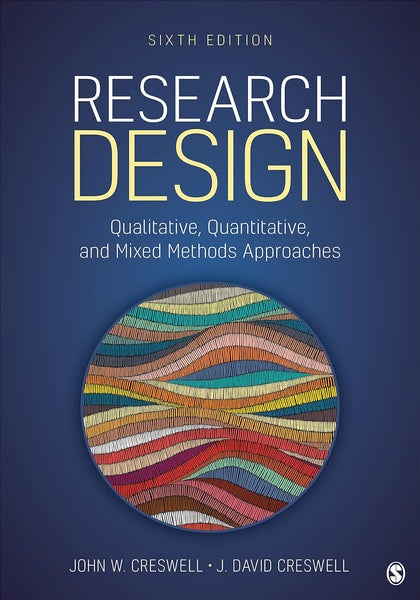The School and Society and The Child and the Curriculum by John Dewey (Author)
- Publisher: EDUCATION
- Availability: In Stock
- SKU: 57081 R1 0400
- Number of Pages: 252
Rs.660.00
Rs.895.00
Tags: active learning , best books , Best Price , Best Selling Books , child psychology in education , child-centered learning , classroom experience , constructivist education , critical pedagogy , curriculum design , curriculum philosophy , democratic education , Dewey education theory , early education principles , education and society , education classics , education for democracy , education foundations , education philosophy , education psychology , education transformation , educational reform , experiential education , foundational education texts , holistic education , inquiry-based learning , John Dewey , learning by doing , modern classroom approaches , modern pedagogy , Online Bookshop , progressive education , real-life learning , schooling philosophy , social learning theory , student-focused curriculum , teacher education , The Child and the Curriculum , The School and Society
📘 Title Name: The School and Society and The Child and the Curriculum
✍️ Author: John Dewey
Quality: Black White Pakistan Print
🔹 Introduction:
This combined edition brings together two foundational texts in educational theory by John Dewey. It outlines Dewey's progressive vision of education where the child’s experience, interest, and social environment form the basis of effective learning.
🔑 Key Points:
-
Highlights the importance of connecting education with real-life experiences.
-
Emphasizes child-centered, experiential learning over rigid curriculums.
-
Advocates schools as dynamic social institutions that shape democracy.
-
Presents a critique of traditional education focused on passive absorption.
-
Lays the groundwork for modern constructivist and inquiry-based approaches.

